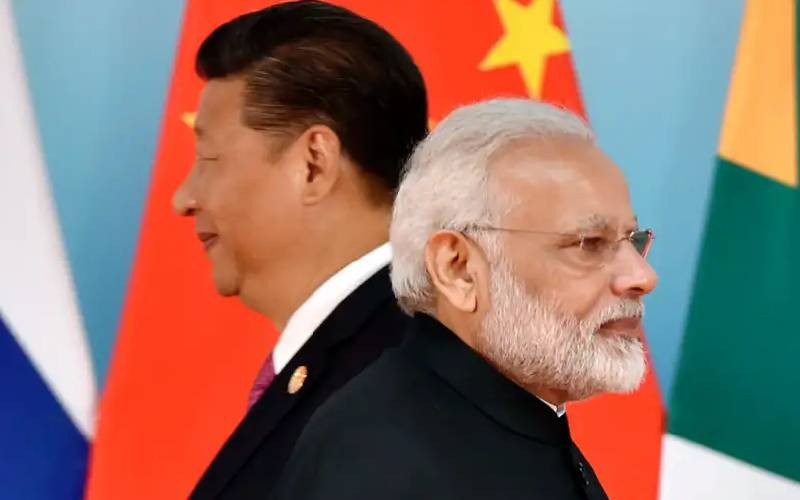×
The Standard e-Paper
Fearless, Trusted News

The BRICS group of emerging countries Brazil, Russia, India, China and South Africa will meet for their annual summit starting August 22 in Johannesburg.
This year's summit has gained prominence amid expectations that the grouping could add new members as China and Russia seek to increase their political influence with tensions with the US and its allies running high.